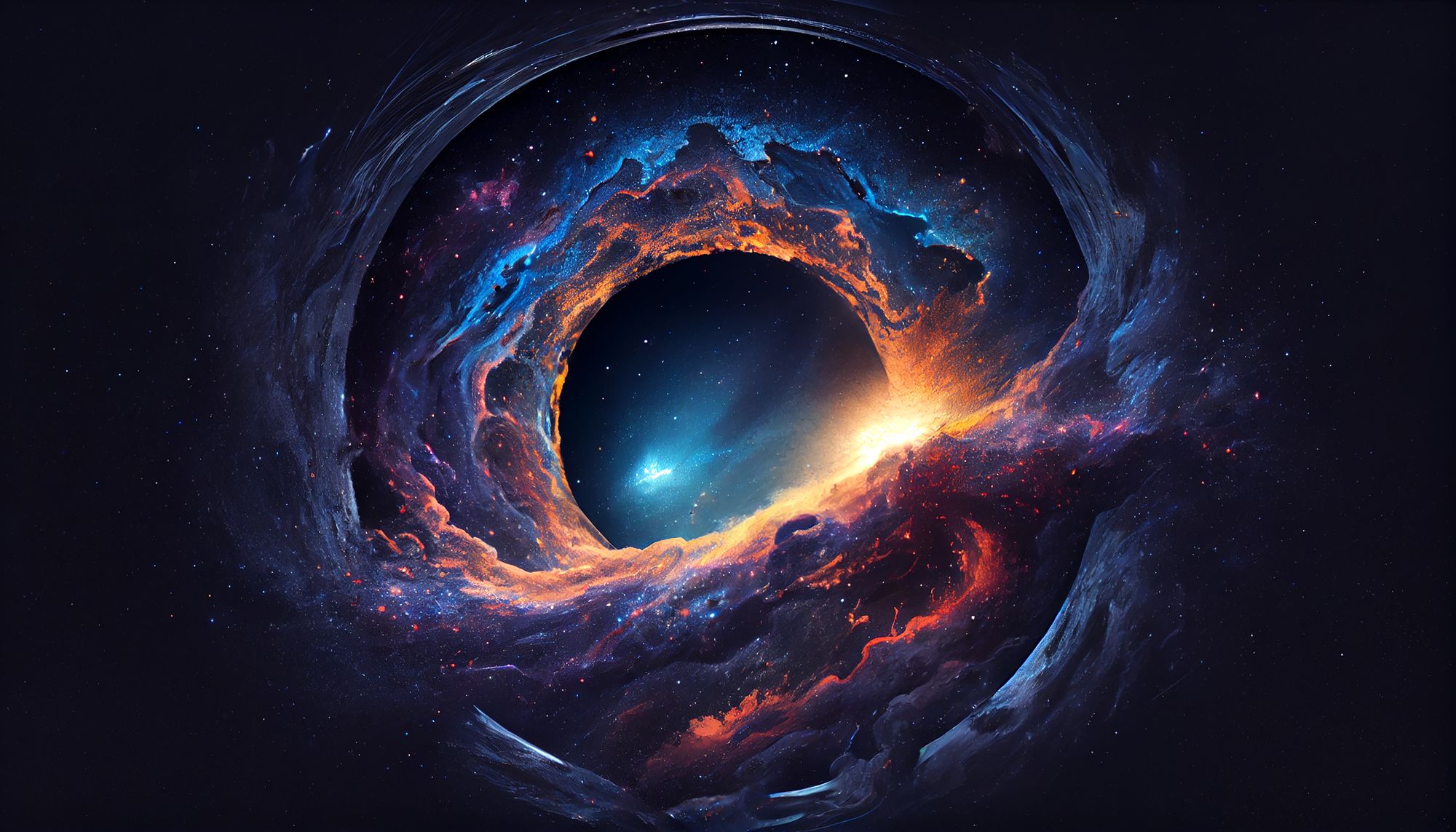Infinite Possibilities: Probing the Existence of Countless Earth-Like Planets and Civilizations
The concept of infinity is one that both mesmerizes and challenges humanity. When applied to the cosmos, it suggests the tantalizing possibility of an infinite number of Earth-like planets, each potentially harboring its own unique civilization. However, whether this theoretical proposition aligns with reality is subject to debate among astronomers

The concept of infinity is one that both mesmerizes and challenges humanity. When applied to the cosmos, it suggests the tantalizing possibility of an infinite number of Earth-like planets, each potentially harboring its own unique civilization. However, whether this theoretical proposition aligns with reality is subject to debate among astronomers and physicists.
According to the cosmological principle, the universe, on a sufficiently large scale, is homogeneous and isotropic - it looks the same in all directions and from all locations. If the universe is indeed infinite, this principle may imply an infinite number of planets and civilizations. Yet, the principle is based on observational evidence and may not extend to scales beyond our cosmic horizon.
Moreover, the possibility of other Earth-like planets and civilizations depends not just on the infinity of the universe, but also on the conditions needed for life. The rare Earth hypothesis argues that the conditions necessary for intelligent life are exceptionally rare in the universe. According to this hypothesis, while there might be numerous planets, very few of them would provide the precise conditions necessary for life as we know it, such as the right distance from a star, a protective magnetic field, a stable orbit, and the presence of water.
However, the counterpoint to the rare Earth hypothesis is the principle of mediocrity or the Copernican Principle. This principle proposes that Earth is not special or unique but rather a typical planet, subject to the same laws and chances as all others. If we combine this with the concept of an infinite universe, it would lead to the conclusion that there could indeed be an infinite number of Earth-like planets and civilizations.
The truth likely lies somewhere between these viewpoints. Discoveries made by missions like NASA's Kepler and TESS have found thousands of exoplanets, some of which lie within their star's habitable zone. Yet, we've yet to discover a planet exactly like Earth or find evidence of extraterrestrial civilizations.
To draw definitive conclusions about the existence of an infinite number of Earth-like planets and civilizations, we need more data. Projects like the James Webb Space Telescope will help to deepen our understanding of exoplanets and their potential for life.
In conclusion, the concept of an infinite universe brimming with Earth-like planets and civilizations is tantalizing but remains unproven. As we continue to explore the cosmos, each new discovery brings us closer to understanding our place within the vast expanse of the universe. Despite the uncertainty, one thing is clear: the quest for knowledge about our universe and the potential for life beyond Earth continues to ignite our collective curiosity and inspire our scientific endeavors.
Grasping the Infinite: Human Perception and the Concept of Infinity
Infinity is a concept that stretches beyond the tangible, beyond the limits of our sensory experience, often manifesting as an abstract mathematical concept or as a philosophical notion. For human comprehension, envisioning infinity becomes a paradoxical journey – an endeavor to comprehend the incomprehensible.
In everyday terms, we often use the word "infinite" to describe something vast and unending. Consider the metaphor of a forest that extends beyond what the eye can see. This imagery might help us feel the concept of infinity, but it still doesn't capture the mathematical and philosophical rigor of the term. After all, even the largest forest ends somewhere, despite our inability to see its boundaries.
The idea of "wires converging in our brains" provides another way to envision infinity. This metaphor might depict the vast complexity and interconnectedness of our neural networks, which comprise an estimated 100 billion neurons, each connected to up to 10,000 others. Yet, even this mind-boggling complexity falls short of true infinity. While it symbolizes a number too large to grasp, it is not technically infinite.
Approaching infinity on a more philosophical level, we stumble upon the ancient paradoxes of Zeno. Zeno of Elea proposed several paradoxes to illustrate the concept of infinity, one of them being Achilles and the tortoise. In this paradox, Achilles gives a tortoise a head start in a race. By the time Achilles reaches where the tortoise began, the tortoise has moved a little further. Each time Achilles reaches where the tortoise was, the tortoise has again moved ahead, leading to an infinite series of tasks that Achilles must perform to catch up, suggesting he never will. Despite its contradiction with our intuitive understanding of motion, this paradox forces us to confront and ponder over the nature of infinity.
The bottom line is that the human mind struggles to fully grasp the concept of infinity, as our understanding is rooted in finite experiences. We can conceive of it mathematically, philosophize about it, and use metaphors and analogies to approach its meaning, but the true essence of infinity, much like the universe itself, may always remain just beyond our intellectual horizon. This limitation, however, does not detract from our curiosity and determination to grapple with the concept, reinforcing our relentless pursuit of knowledge and understanding.




